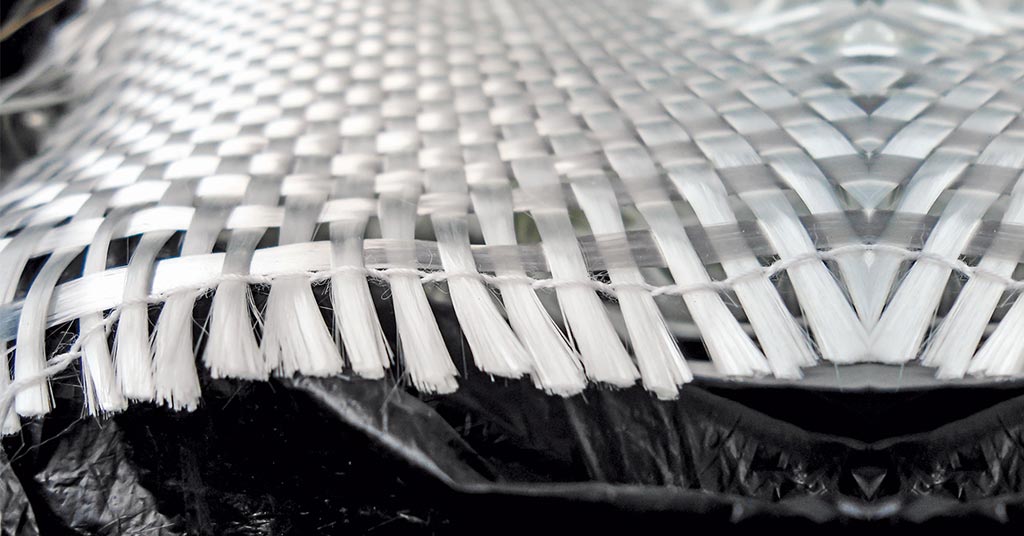Welcome To ChemAnalyst

The South Korean market for Glass Fiber continued its downtrend for the fourth consecutive month, primarily driven by a surplus in foreign inventory and sluggish progress in automotive activities at downstream sites. The combination of weaker demand in the regional as well as international markets led to a significant decline in South Korean Glass Fiber prices.
During January, the Glass Fiber market witnessed a hefty decline of 6.3% to assessed at USD 890/ MT E-Glass Fiber CFR Busan (South Korea). This downtrend was majorly attributed to the decline in demand from the downstream automotive industry. As per Global Data, based on preliminary wholesale figures released separately by the manufacturers, the combined domestic sales of South Korea's five major automakers decreased by 2% to 102,987 units in January 2024 from 100,751 units in the same month the previous year. Hyundai Motor Domestic sales decreased last month by 3% to 49,819 from 51,503 units. Due to significantly lower domestic sales, KG Mobility's global sales dropped considerably in January, falling 16% to 9,172 units from 10,973 a year earlier. Due to increased competition from both imports and other domestic manufacturers, domestic sales fell 47% to 3,762 units last month from 7,130. Global sales for Renault Korea fell 81% to 1,871 cars in January from 10,045 units in December of last year, as both local sales and exports experienced severe declines. All these combined figures showcase low demand from the consumer sites and hence, the Glass Fiber market continued to decline during January too.
Moreover, this decline was attributed to the influx of cheaper imports of Glass Fiber from the Asian market, majorly from Malaysia. Henceforth, the imported material acquired by South Korea remained at a cheaper rate compared to the previous month. This ease in the supply chain dynamics, coupled with competitive pricing, has set a bearish tone in the market of Glass Fiber. While South Korean manufacturers enjoyed smooth sailing in January, manufacturing activities within the country experienced minimal changes, with output levels stabilizing. The country's manufacturing sector saw a continued improvement in operating conditions at the beginning of 2024, the South Korean manufacturing PMI showcased an improvement when compared with December, turning expansionary for the first time since June 2022 which eased the supply chain activities. While the Consumer Price Index was 113.15 in January 2024 an increase of 0.4% from the preceding month, the impact of the inflation rate remains negligible in the Glass Fiber market.
As per ChemAnalyst, the Glass Fiber market is expected to showcase a further downtrend in the upcoming month on the verge of low domestic sales from the downstream automotive sector. However, if the sales volume in the automotive sector will display some improvement, the market of Glass Fiber could revive.
We use cookies to deliver the best possible experience on our website. To learn more, visit our Privacy Policy. By continuing to use this site or by closing this box, you consent to our use of cookies. More info.
